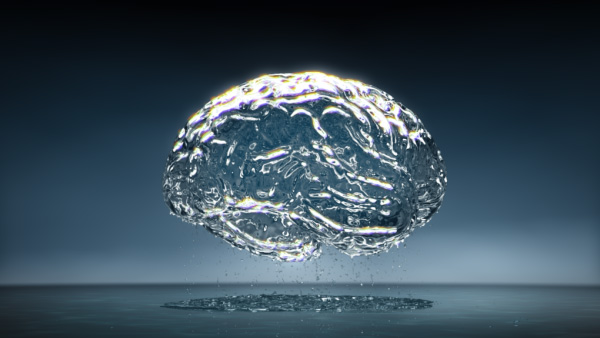
Does it affect life at home, at school or at work?
Take 5 minutes to complete the Warning Signs Checklist and discover whether you or your child could have learning difficulties that are impacting your life, and what to do about it.
Take The Free Warning Signs Checklist!
The human body is 60% water. Fluids are necessary for digestion, nutrient absorption, circulation and body temperature regulation. When fluids are low, the brain triggers the thirst mechanism. While dehydrated, the body will slow down functions until fluid balance is restored.
While the physical effects of dehydration are quickly apparent, there is not as much awareness regarding the effects dehydration has on brain function. By the time the thirst mechanism starts, body weight may decrease by 2% but cognitive ability decreases by 10% leading to fatigue, reduced concentration, and at times even dizziness. Maintaining hydration can help maintain good cognitive ability and prevent fatigue during high-intensity mental tasks.
The Journal of Human Brain Mapping reported that the brain shrinks when dehydrated. After 90 minutes of exercise the brain will shrink as much as it would if it aged 10 years. When the brain shrinks, it must work harder to accomplish tasks, which leads to reduced concentration and higher fatigue.
There is good news. Consuming just two glasses of water will return the brain to normal size. While the brain is quickly affected by a lack of water, it also quickly recovers.
A study published in Frontiers of Human Neuroscience involved 34 adults tested on memory, learning, reaction time, and problem solving. The tests were conducted on different days. On one day, the subject would not drink water in the morning. On the other, the subject would drink a glass of water upon waking.
The study showed that the subjects scored better on the day started with a glass of water. Reaction time dropped as much as 14% when the subjects reported feeling thirsty.
Knowing that water can help with brain function, here are a few tips for increasing and maintaining good water intake:
Maintaining fluid balance will yield many benefits for both physical and mental health. Start a hydration habit today and watch as the performance of mental tasks steadily improves.
Subscribe to our newsletter and receive regular articles and resources to help you or your child perform better at school, home or work.
suscribe now
Post Your Comment Below